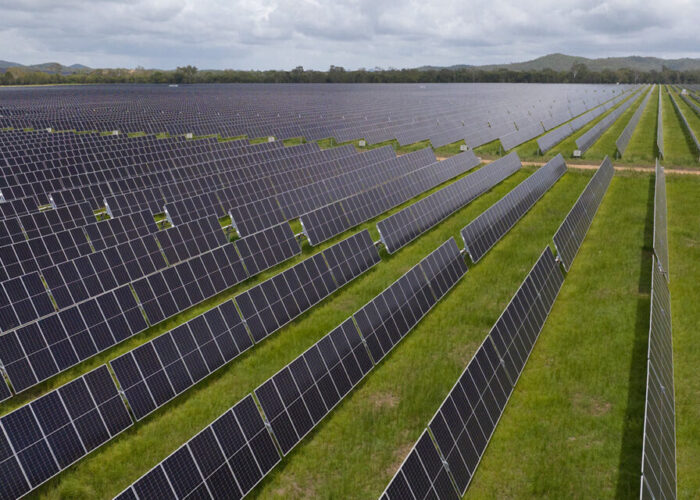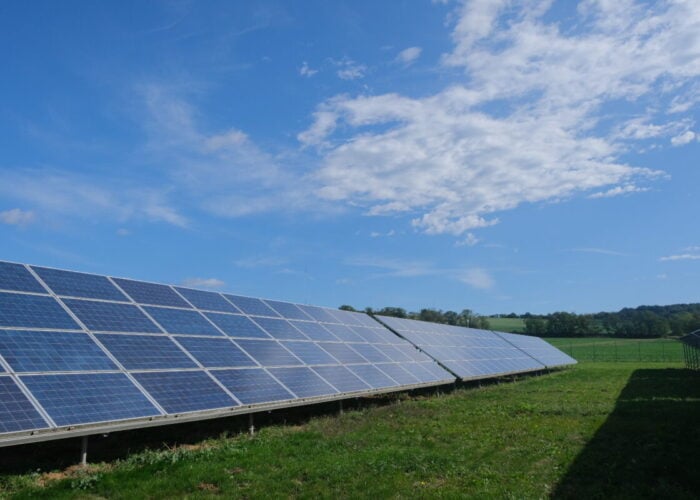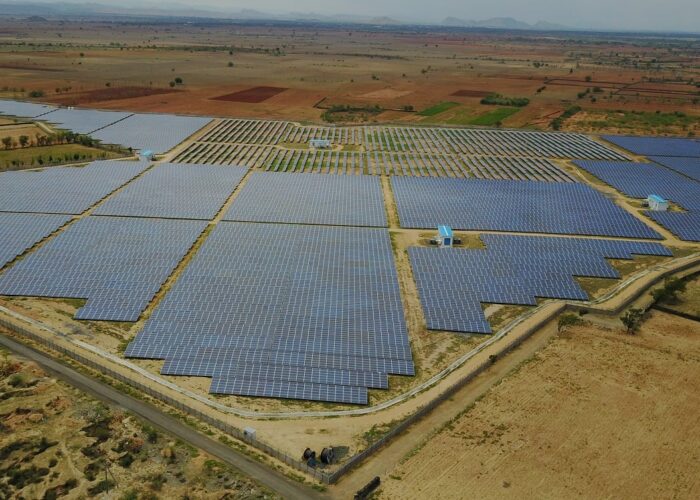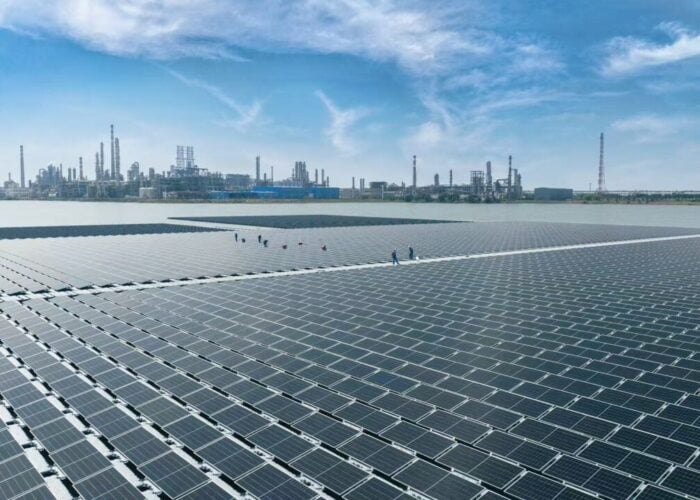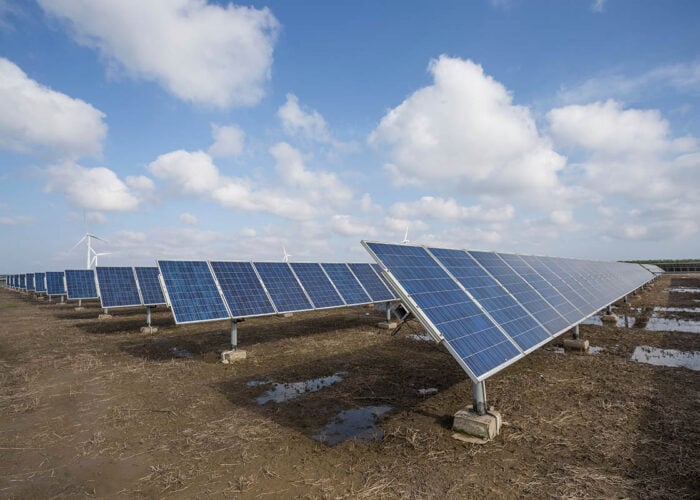The Italian solar industry looks set to receive a major boost after the government appeared to come out in support of leaving subsidies for pre-existing projects unchanged at a meeting with the four Italian solar associations. The meeting took place in Rome on Friday and relates to all projects connected to the grid before the end of 2011.
Two other major talking points emerged from the meetings to finalise Italy’s solar policy for the next five years: firstly, the introduction of incentives in line with the German model – around €0.25/kWh and a 30% cut from current levels; and secondly, limiting the potential annual subsidy burden to €6 billion by 2017.
Unlock unlimited access for 12 whole months of distinctive global analysis
Photovoltaics International is now included.
- Regular insight and analysis of the industry’s biggest developments
- In-depth interviews with the industry’s leading figures
- Unlimited digital access to the PV Tech Power journal catalogue
- Unlimited digital access to the Photovoltaics International journal catalogue
- Access to more than 1,000 technical papers
- Discounts on Solar Media’s portfolio of events, in-person and virtual
“In order to ensure that PV can make a significant medium- and long-term contribution to the country’s energy portfolio, a greater sensitivity is being shown towards protecting the investments that have been made in photovoltaics,” said a spokesperson for Assolare, one of the four Italian solar associations present at the meeting. “We are looking towards the German model to help prevent market crashes and to protect the balance between small, medium and large plants, thus encouraging the whole chain.
''We are pleased to have reached a joint solution that will help install confidence in investors and the industry. The incentive system will link the value of rates to the volume of installations, while ensuring cost containment and sector development,” added Italy’s Industry Minister, Paolo Romani.
The policy review comes less than a month after the government dismissed plans to introduce an 8GW industry cap.

